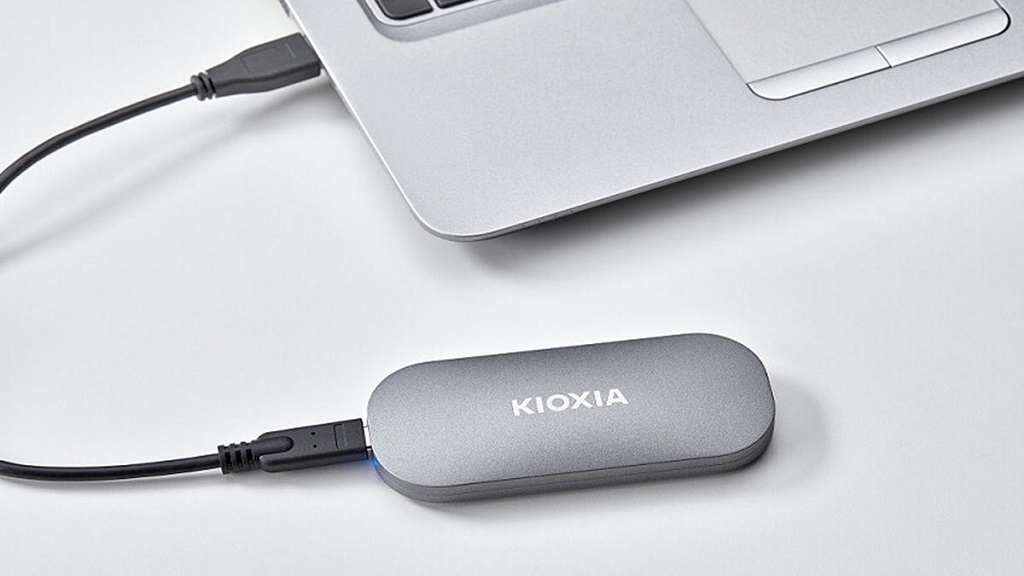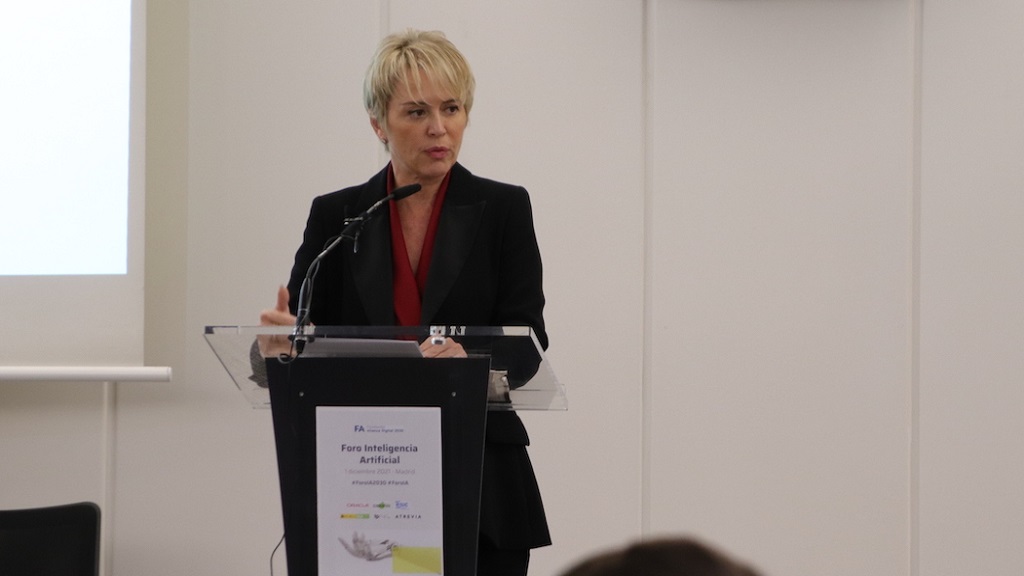
Two years After announcing the purchase of Tower Semiconductor, Intel has decidedfinally, do not proceed with the operation. The reason that the company has given for this has been China’s lack of approval of the agreement. This does not mean that the country’s authorities in charge of monitoring competition have expressly opposed the sale, but rather that they have not stated their position.
Intel was going to pay 5.4 billion dollars for Tower Semiconductor, and initially expected to close its purchase in a maximum period of 12 months from February 2022, but ultimately it has not been possible. The two parties have decided by mutual agreement to end their agreement after the end of the term that had been given as a limit for the purchase, set on August 15 last. Intel will pay Tower $353 million in compensation for not going ahead with its acquisition.
In the statement in which they confirm the breach of the agreement, it is not mentioned from which regulatory authorities the approval for the operation has not been obtained. It has been Bloomberg who has pointed out that it has been those of China that have not expressed their position. Tensions between the United States and China, which have escalated in recent years, have probably not helped them view the deal favorably.
The breakdown of the agreement will undoubtedly put a damper on Intel’s plans for its chip manufacturing division, Intel Foundry Service (IFS), which Intel plans to grow to be able to compete with its main rival, TSMC.
Tower Semiconductor, for its part, is a smaller chipmaker than TSMC and IFS, but it has considerable experience in developing specialty chips. Among them, semiconductors for radio frequency, CMOS image sensors and components for power management elements. It is a provider of various technologies, among which is Broadcom.
Despite the situation, the Intel CEO Pat Gelsingerwanted to make it clear that they continue «executing well on the roadmap to achieve leadership in power and transistor performance by 2025«. In addition, he has pointed out that Intel is “investing to deliver the geographically diverse and resilient manufacturing the world needs«.
Stuart Pann, IFS Managerfor his part, recalled that «Since launching in 2021, Intel Foundry Services has gained traction with customers and partners, and we’ve made significant strides toward our goal of becoming the second-largest third-party manufacturing company by the end of this decade.«.



